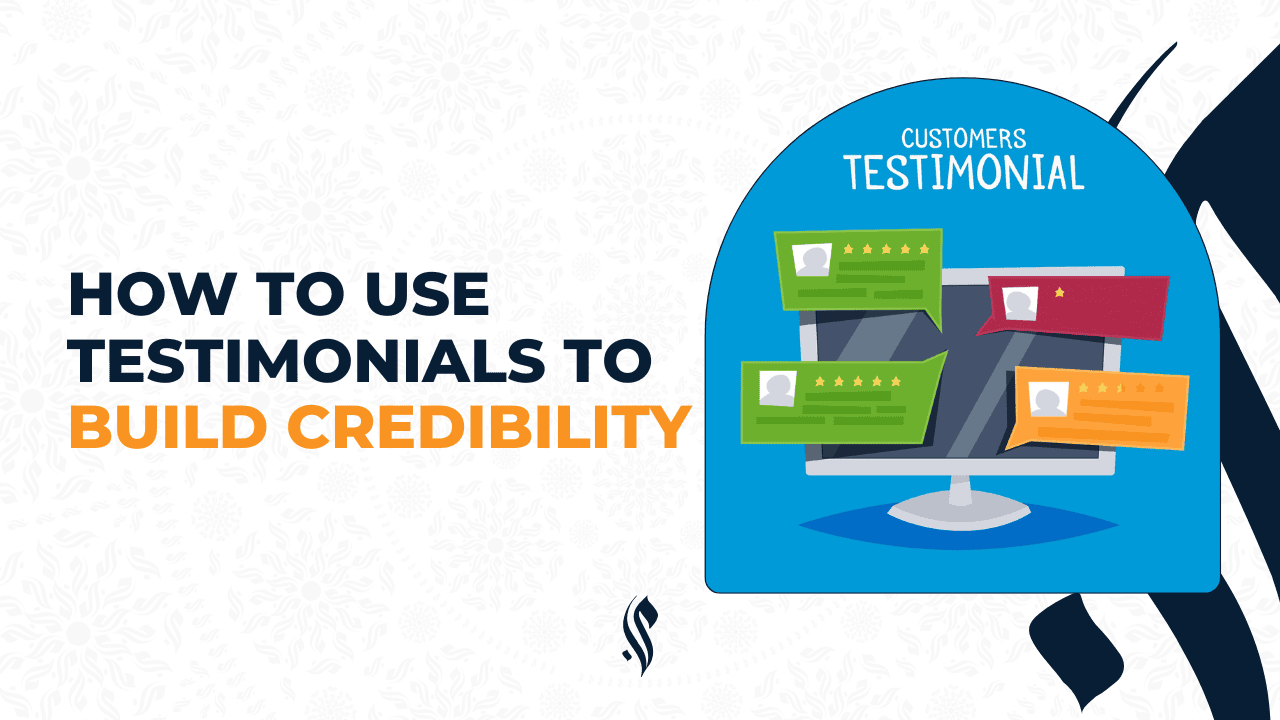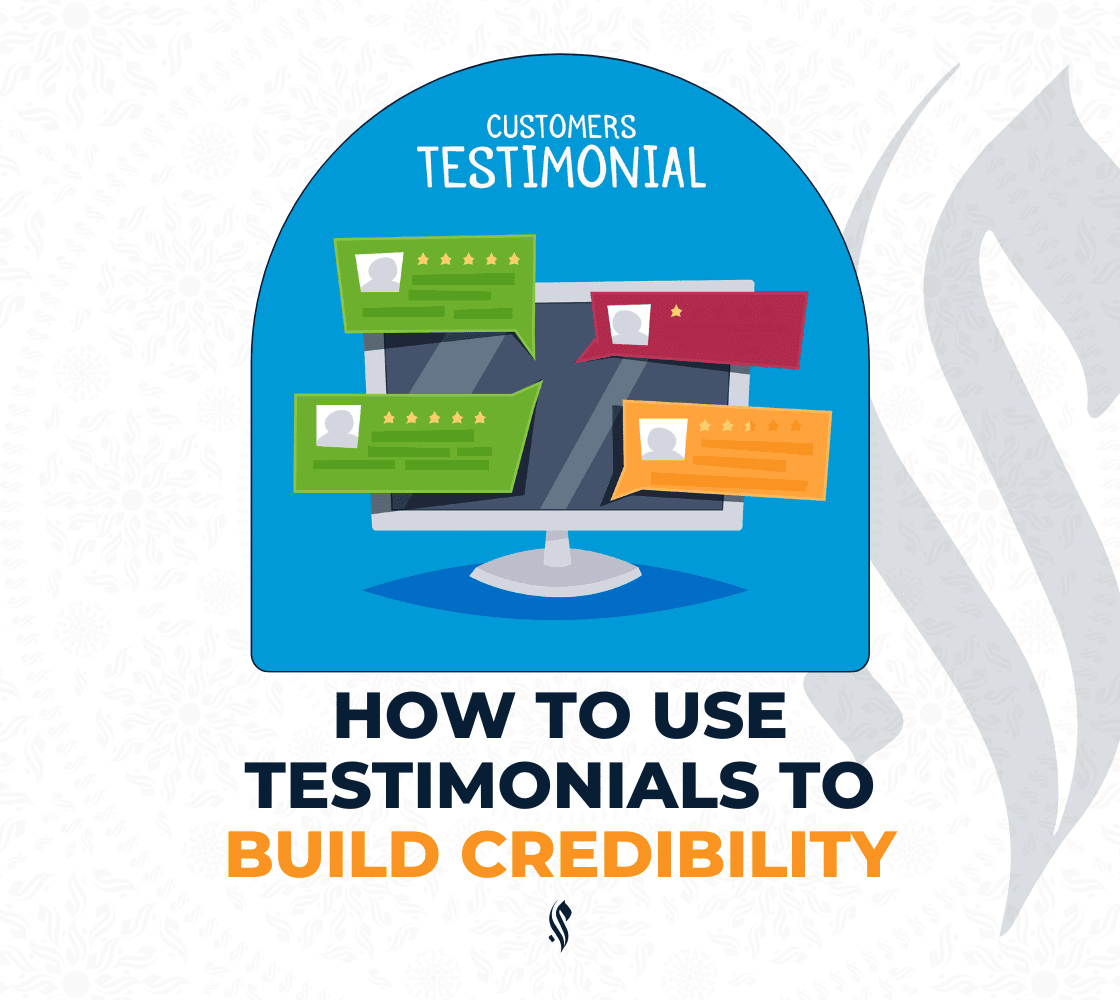

1. Why Testimonials Matter
2. What Makes a Good Testimonial
- The problem the customer had
- How your product or service helped
- What changed afterward
The best ones are short, specific, and real.
- Real names and titles
- Profile pictures (with permission)
- Business or context ("founder of X")
3. Where to Collect Testimonials
3. Where to Collect Testimonials
- Beta testers you gave free access to
- Clients from pilot programs or freelance work
- Consultation calls, even free ones
- Past customers from related work
Subscribe to Muslim Founder's Newsletter
The only newsletter you need to start & grow your Muslim business, Insha'Allah.
100% Free. No Spam Guaranteed.
4. How to Ask Without Sounding Awkward
- "I'm glad this helped. Would you mind sharing a short testimonial I can use on my site?"
- "Would love to hear what part of this experience was most useful for you."
- What problem did you have before?
- What result did you get after?
- What would you tell someone considering working with me?
- Short written quotes with a name and role
- Video clips (30–60 seconds) shot casually but clearly
- Screenshots of DMs or emails (ask permission)
- Public social media comments or posts
- The problem
- The experience
- The result
6. Where to Use Testimonials
- Sales pages, especially near pricing
- Landing pages for services or products
- Email sequences, for example, after sharing your offer
- Homepages to build early credibility
- Instagram highlights or pinned posts
- Checkout pages to reduce friction
7. Keep Them Honest and Halal
- Ask for permission before using names, photos, or screenshots.
- Quote people accurately.
- Let people review what you share, if needed.
8. Make It a Habit
8. Make It a Habit
- Add a feedback form to your client offboarding.
- Send a quick message a week after delivery.
- Follow up after a major success or milestone.
- Include a simple "Share your experience" link in your emails.
Subscribe to Muslim Founder's Newsletter
The only newsletter you need to start & grow your Muslim business, Insha'Allah.
100% Free. No Spam Guaranteed.


